7 libraries to build Node.js CLI
November 20, 2019
Last week, I wrote an article about building a Node.js CLI using yargs. I introduced it saying we use cli tools everyday to simplify common tasks in our jobs. I made myself a couple of cli like gitmoji-changelog. It is a changelog generator for gitmoji commit convention.
I would like to share with you a few libraries I used on this project and while contributing to Gatsby. Gatsby is a good source of inspiration, consider contributing to it. I learned a lot while doing it (they give free swag to thank contributions 🤫).
yargs
It is a library that helps you defining your tool's interface. It also parses arguments for you. The icing on the cake is that yargs generates automatically an help menu.
Here is a simple example that displays a message "Hello [something]" a certain amount of times.
require('yargs').command('$0 [name]', 'say hello', (yargs) => {yargs.positional('name', {describe: 'hello\'s target',default: 'world'}).option('times', {alias: 't',type: 'number',default: 1,description: 'number of times to say hello'})}, (argv) => {for (let i = 0;i < argv.times; i++) {console.log(`Hello ${argv.name}!`)}}).argv
Result:
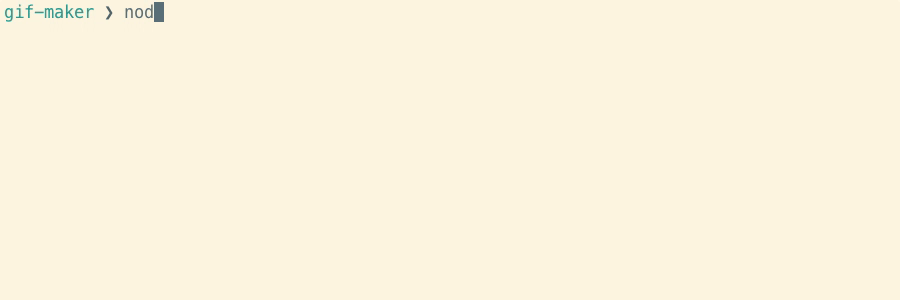
prompts
A common use case in cli tools is asking user for information. Prompts is a lightweight library based on promises. It implements an exhautive list of question's types.
(async () => {const prompts = require('prompts')const response = await prompts({type: 'confirm',name: 'value',message: 'Can you confirm?',initial: true})console.log('Reponse: ', response.value)})()
Result:
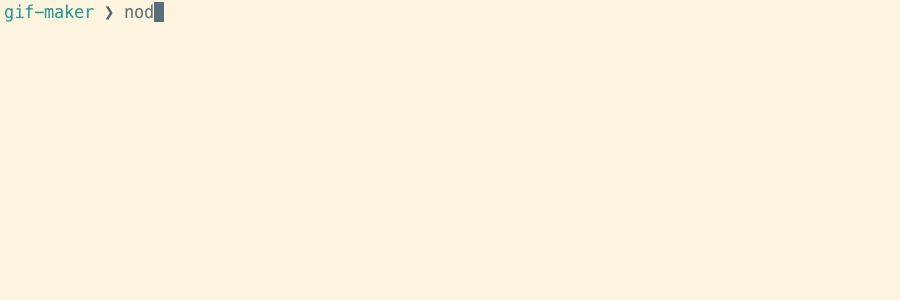
signale
Standard console API provides only a few methods to display information. Signale comes with 19 built-in methods (logs are prefixed with emojies ❤️)! You can also implements custom loggers.
const signale = require('signale')signale.success('CLI started');const options = {types: {santa: {badge: '👽',color: 'magenta',label: 'alien',logLevel: 'info'}}}const custom = new signale.Signale(options);custom.santa('E.T go home')signale.complete('Call sent')
Result:
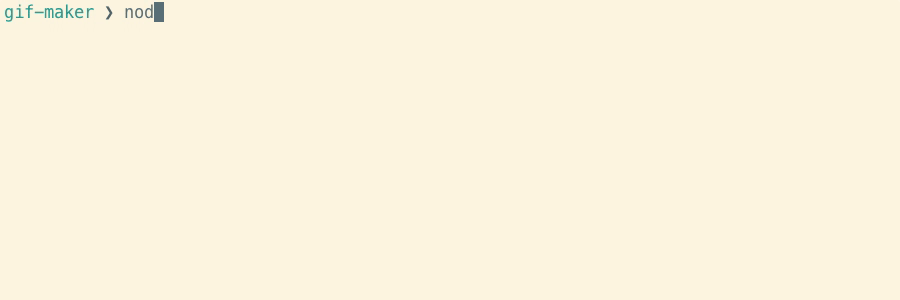
chalk
It is a pain in the neck to add style to a cli output. Chalk provides an easy-to-use API to colorize logs. It also supports template literals!
const chalk = require('chalk')console.log(`${chalk.blue('Welcome')} in the activity monitor${chalk.red('!')}`)console.log(chalk.green(`Your computer seems in ${chalk.underline('great')} shape.`))console.log(`envinfo:CPU: ${chalk.red('90%')}RAM: ${chalk.green('40%')}DISK: ${chalk.yellow('70%')}`)
Result:
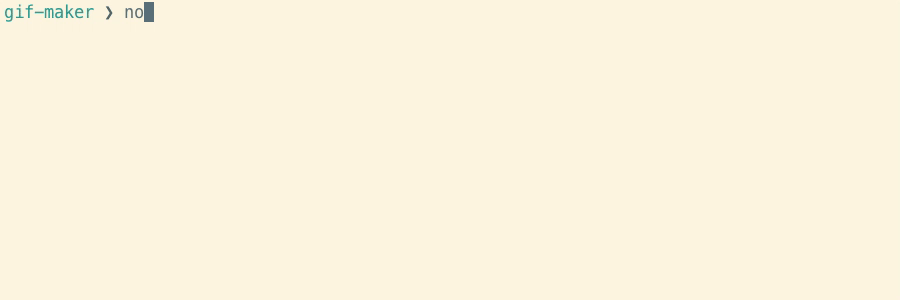
progress
Another common use case is dealing with asynchronous operations. It is nice to give user a percentage of completion when your cli is doing a heavy computation. Progress is an highly customizable ascii progress bar. It comes with a bunch of options and standard information (percentage, total, estimated completion, ...) to display on the progress bar. You can also add your own information.
const ProgressBar = require('progress')let ticks = 0const bar = new ProgressBar('Rocket launch :bar in :counter',{ total: 10, width: 50 },)const timer = setInterval(function () {ticks++bar.tick({ counter: 10 - ticks })if (bar.complete) {console.log('\n🚀')clearInterval(timer)}}, 100)
Result:

configstore
Earlier we saw Prompts to ask user information. It is also nice to store its answer to avoid asking it again and again. Configstore is a library that persists data for you. It stores it in a json file on the user's disk. It handles well the dot notation!
const Configstore = require('configstore')const packageJson = require('../package.json')const config = new Configstore(packageJson.name)config.set('answer', true);console.log('answer:', config.get('answer'));config.set('a.really.deep.config', true);console.log('a.really.deep.config:', config.get('a.really.deep.config'));config.delete('answer');console.log('answer:', config.get('answer'));
Result:
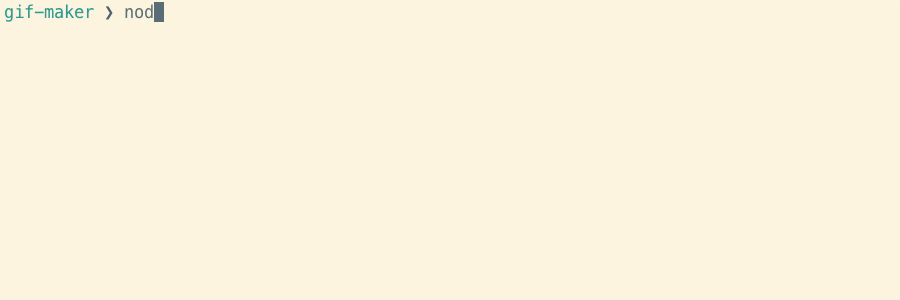
envinfo
As frontend developer I use user-agent to get information about my user device. It helps a lot to reproduce bugs for example. As cli developer you don't have access to this kind of information. envinfo is a library that generates reports that users can provide when opening issues on your project.
(async () => {const envinfo = require('envinfo')const environment = await envinfo.run({System: ['OS', 'Shell'],Binaries: ['Node', 'Yarn', 'npm'],Utilities: ['Git'],},{ markdown: true })console.log(environment)})()
Result:
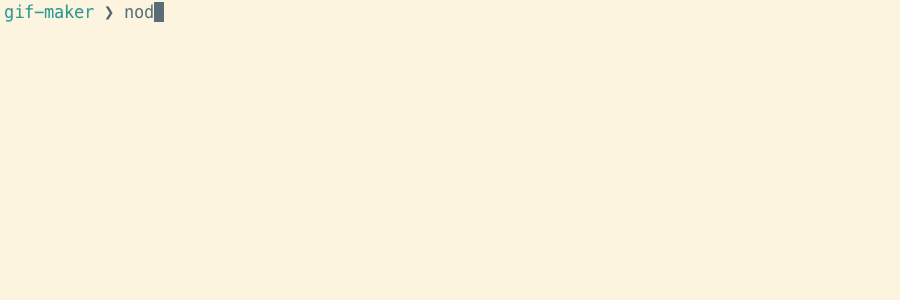
Alternatives exist for these libraries but I used these ones and I enjoy working with them. In my opinion, they covers the majority of problems you might encounter while coding cli tools.
Hope it will help 🙌 Happy cli coding!
Feedback is appreciated 🙏 Please tweet me if you have any questions @YvonnickFrin!